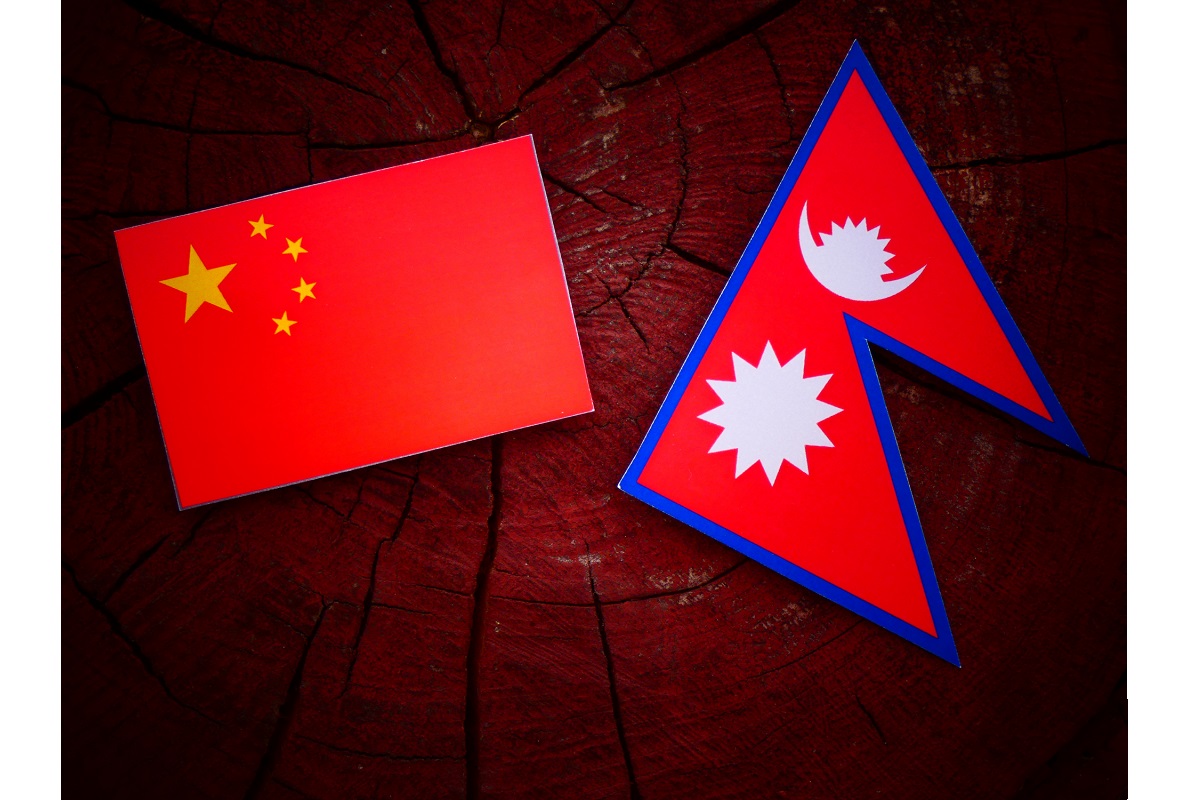A seven-member Chinese delegation is arriving in Kathmandu on Sunday, raising speculations about the purpose of the visit, which is taking place in the backdrop of talks about a possible electoral alliance among Nepal’s communist parties.
The high delegation’s visit comes as the Himalayan nation is heading towards federal and provincial elections and the country’s Election Commission has already proposed holding both the elections in a single phase on November 18, The Kathmandu Post newspaper reported. The team is being led by the new head of the International Liaison Department of the Communist Party of China, Liu Jianchao, the report added.
Advertisement
Notably, Liu last month interacted with Maoist Centre chair Pushpa Kamal Dahal and UML chair KP Sharma Oli, continuing the trend of his predecessor. He also interacted with Foreign Minister Narayan Khadka.
According to the Post, the Chinese delegation will meet with President Bidya Devi Bhandari, Prime Minister Sher Bahadur Deuba, Foreign Minister Khadka, Oli, Dahal and other leaders and will assess how possible it is to reunite the communist forces in Nepal.
The Nepali newspaper, the Chinese are still weighing the possibility of unity among the communist forces. “A possible agenda of the visit could be to encourage a pre- or post-poll alliance between like-minded lefties forces or only between the UML and the Maoist Centre,” a UML leader who has interacted frequently with Chinese leaders told the Kathmandu Post.
The visit also follows the Nepal Parliament’s ratification of the United States’ Millennium Challenge Corporation Nepal Compact despite China’s strong reservations.
More recently, another US State Partnership Program (SPP) in the field of security and military caused a flurry of debates in the country. China expressed grave concerns over whether Nepal would be an US ally in defence cooperation. The Chinese government even commended the decision after the Nepal government decided not to be a part of the SPP.
The report further states that the Chinese Communist Party is also keen to expand ties with the Nepali Congress.
Besides building party-to-party ties between the CPC and Nepal’s political parties, and expediting the China-led Belt and Road Initiative, the delegation will also look to promote Chinese interests in Nepal.
